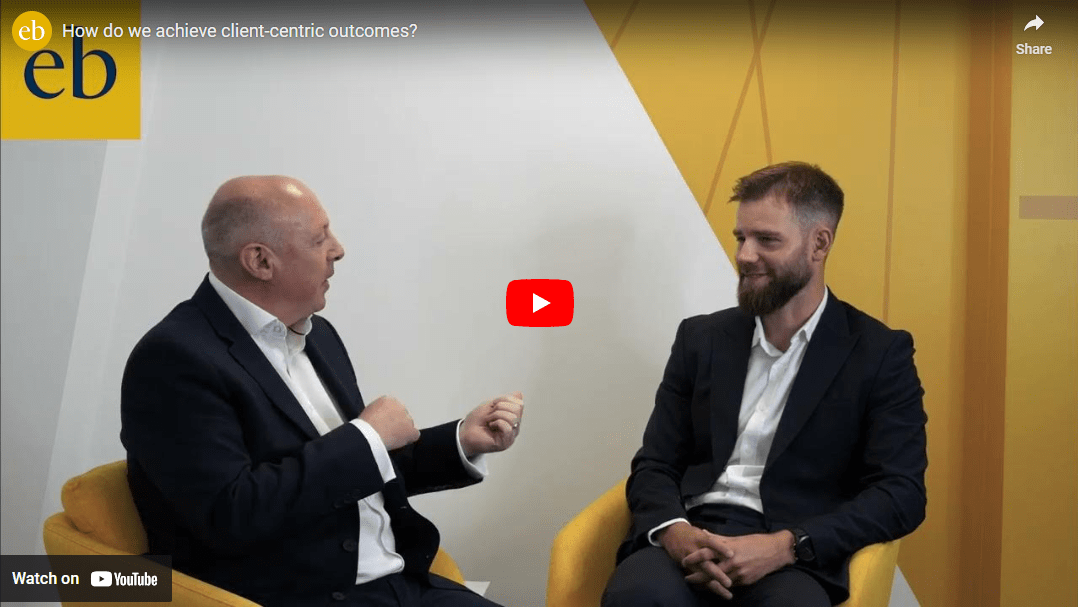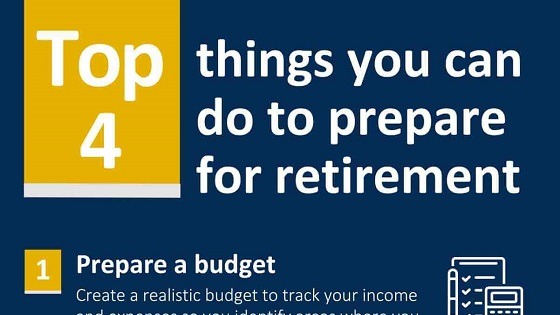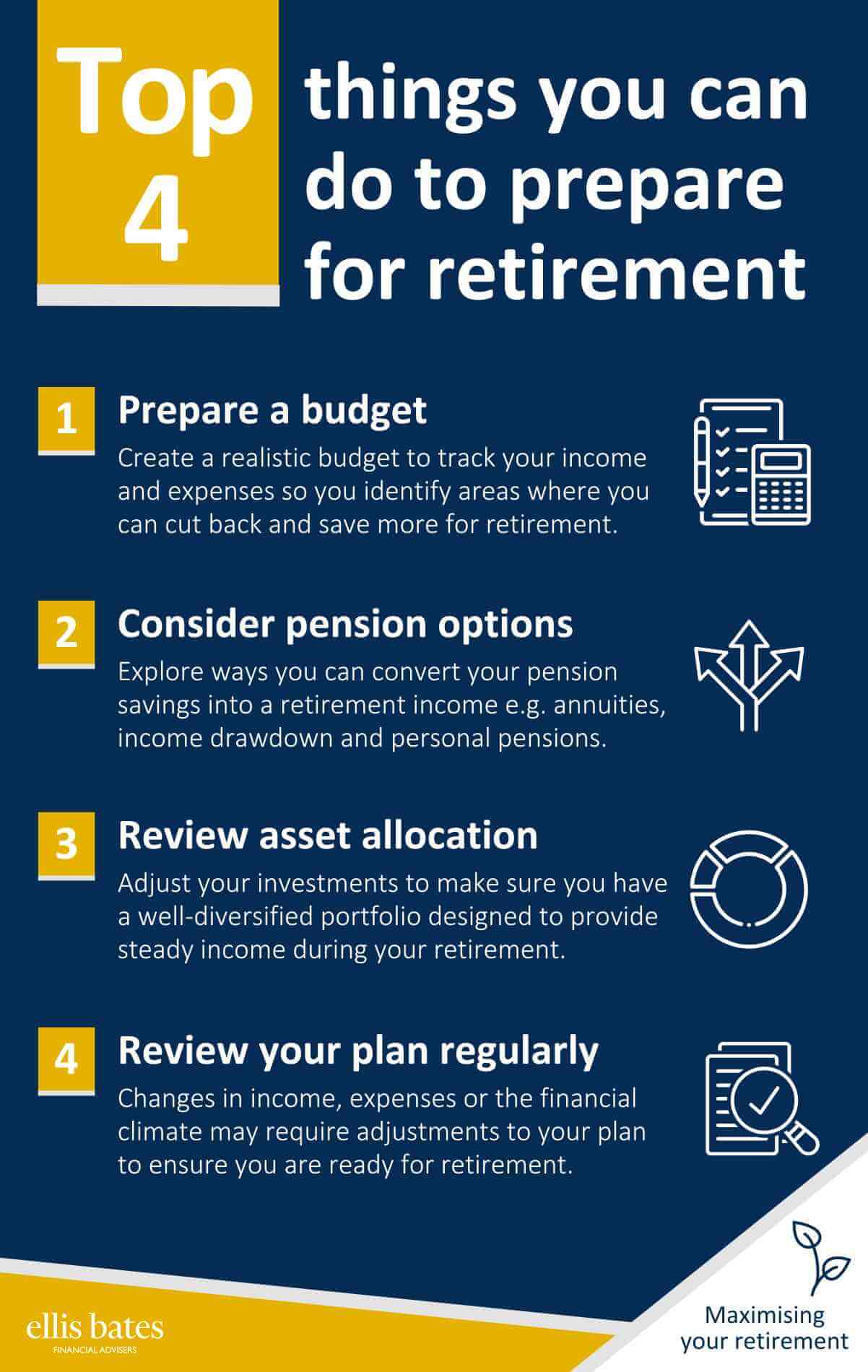I wish I’d known that… Why it’s important to have financial advice
https://www.ellisbates.com/wp-content/uploads/2024/07/Screenshot-2024-07-11-111320-1024x575.png 1024 575 Jess Easby Jess Easby https://secure.gravatar.com/avatar/70f816837c455030814d46a740cfc12d89893aaf8cbf8c8f8f59387d7b30ac08?s=96&d=mm&r=gMany times our advisers hear ‘I wish I had known that’, and it reinforces the real difference having a financial adviser onboard can make to both building your financial plan and making sure you stay on track through your lifetime.
If you’d like to discuss your financial future, and how a financial adviser can support you, please get in touch with our expert team:











